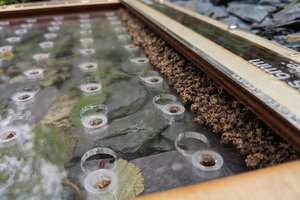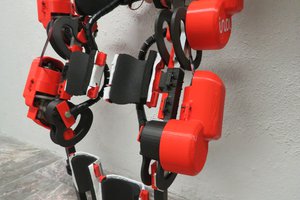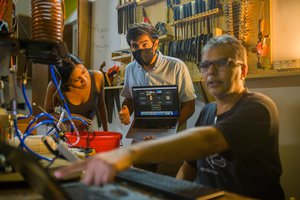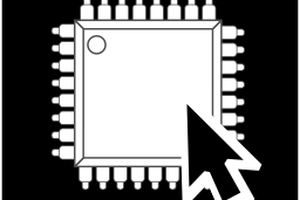To modularize vectors, I have made my 'base' DNA vector as compatible as possible. It allows simple transfer of DNA from one context to another, meaning you can use your DNA is as many organisms as possible. I am creating modularized vectors so you can transfer your DNA of interest to as many organisms as possible, including baker's yeast, B subtilis natto, and possibly in the future, plants.
To well characterize my vectors, I am carefully analyzing and testing all conditions. You can see some of my current characterization here. I plan on testing and optimizing cloning conditions using gibson, SLiCE, GoldenGate, classic cloning, and recombination in order to facilitate anyway you plan to clone your DNA of interest.
To open my DNA vectors to everyone, I will not require any MTAs or any other restrictive licenses, but instead open up my DNAs under the Creative Commons Attribution 4.0 International license. I am also characterizing a method to share DNA more efficiently using a virus to safely package the DNA.
Further information can be found on koengb.io


 Michael Ratcliffe
Michael Ratcliffe
 Jesús Tamez-Duque
Jesús Tamez-Duque
 Vaibhav Chhabra
Vaibhav Chhabra
 Kaspar Emanuel
Kaspar Emanuel
But you are aware that there is iGEM and with its whole library of standardized, well tested and documented DNA bricks/parts/fragments (including vectors and everything someone needs too built one?
If not you should check out http://parts.igem.org/Main_Page (and maybe this for some explenation http://parts.igem.org/Help:Philosophy)